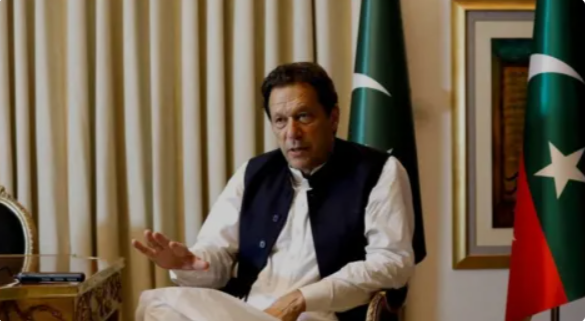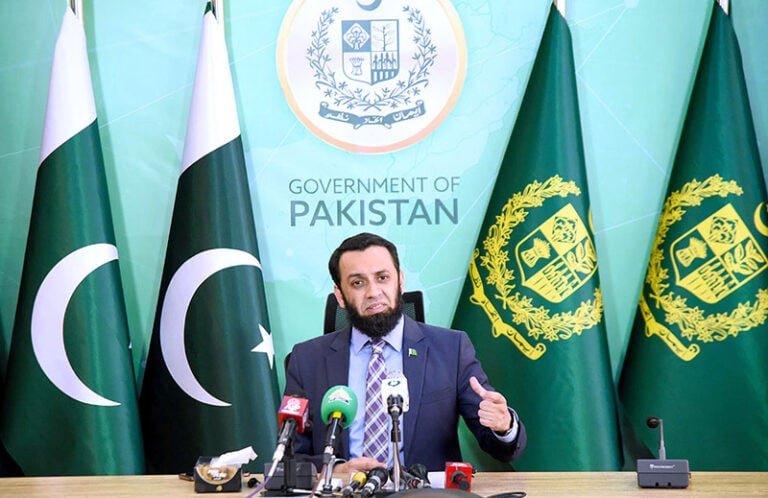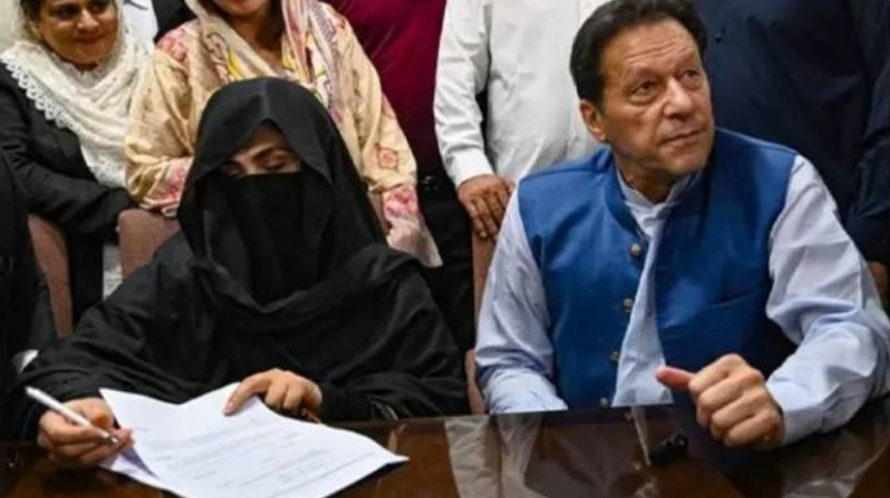Imran Khan’s Allegations on Constitutional Amendment
In a pointed media address, former Prime Minister Imran Khan delivered a series of strong allegations regarding the current government’s move to amend the constitution. His primary focus centred on what he described as an attempt to extend the tenures of three key judicial and electoral figures—Chief Justice Qazi Faez Isa, Chief Justice of the Islamabad High Court, and the Chief Election Commissioner. According to Khan, Imran Khan’s Allegations on Constitutional Amendment suggest that this effort is not motivated by legal or democratic reasons but by a desire to protect a fraudulent election and ensure his continued imprisonment. He claimed that this constitutional amendment is being orchestrated to manipulate the rule of law for personal political gain.
Extension of Tenures to Shield Power
Khan alleged that the government is actively trying to extend the tenure of these officials to secure its own position and prevent any potential judicial or electoral challenges to their rule. He argued that despite public statements suggesting the government had reversed the plan, it is still manoeuvring behind the scenes to secure the necessary parliamentary numbers. According to Khan, the government is making a desperate move to “save themselves” by pushing this constitutional amendment through, indicating its determination to proceed even if it requires multiple attempts.
Historical Context: Parallels to the 1971 Crisis
In an attempt to illustrate the severity of the current situation, Khan drew a parallel to the events leading up to the separation of East Pakistan in 1971. Referring to the Hamoodur Rahman Commission Report, which named Yahya Khan as the primary culprit for destroying democracy, Khan warned that someone is bringing Pakistan back to the same critical juncture. He accused the current leadership of dismantling democratic institutions to preserve their own power, much like Yahya Khan had done. Khan argues that such a disregard for democracy and the rule of law will lead to devastating consequences, as economic stability inherently relies on the functioning of the legal system.
The May 9 Incident: A Planned Attack on PTI
Khan also spoke extensively about the events of May 9, where his party, Pakistan Tehreek-e-Insaf (PTI), came under significant pressure. He claimed that these efforts were part of a coordinated attack to destroy PTI, including a deliberate attempt to provoke unrest through his own arrest. According to Khan, the government aimed to crush his party’s momentum on that day ahead of the elections, which he believes they delayed in direct violation of the constitution to give themselves more time to dismantle PTI.
He accused Chief Justice Qazi Faez Isa of deliberately blocking a judicial inquiry into the May 9 events for over a year. Khan argued that the government and its allies fear that removing Justice Isa and replacing him with a new Chief Justice would bring the full truth of both the May 9 incident and the allegedly fraudulent elections to light, exposing the true orchestrators behind the scenes.
The February 8 Election: A “Revolution” Without a Fight
Imran Khan went on to discuss the controversial elections held on February 8, which he described as a political “revolution.” Despite facing an onslaught of obstacles, including the imprisonment of PTI leaders like Yasmin Rashid, Khan said his party managed to win without even fighting. He accused Nawaz Sharif of having pre-written his victory speech, confident in the outcome, and pointed to what he believes are significant election irregularities according to Khan, individuals cast 74,000 fake votes in the elections; yet, despite these obvious discrepancies, the election tribunals remain inactive, failing to address the grievances that PTI brought forth.
Economic Fallout and Overseas Investment Concerns
Turning his attention to the economy, Khan expressed deep concern over the current state of Pakistan’s financial affairs. He highlighted the mass exodus of Pakistani companies and capital to foreign markets, particularly Dubai, where over 4,000 Pakistani firms have registered. This, he claimed, is a direct result of the political instability gripping the country.
Khan emphasized that the current government, born out of what he referred to as an “NRO” deal, is focused on preserving the wealth and power of a select few, while ordinary citizens are bearing the brunt of economic hardship. According to him, political instability has driven away investment, particularly from overseas Pakistanis, whom he described as an untapped asset crucial to the country’s economic recovery. Drawing a comparison to China, Khan pointed out that China’s remarkable development was fueled by investment from its expatriate community. He argued that restoring the rule of law could give overseas Pakistanis the confidence to invest in their homeland, making the same possible in Pakistan.
The Judiciary and Hope for Reform
Khan was particularly critical of the current state of Pakistan’s judiciary. While expressing faith in the Supreme Court as the only remaining hope for the country, he voiced concerns about efforts to undermine its independence. He claimed that the subordinate judiciary and law enforcement agencies have lost public trust, and without significant reform, these institutions will continue to falter. According to Khan, a functioning judiciary is essential for restoring political and economic stability.
A Rallying Call for Justice and Rights
In conclusion, Imran Khan issued a powerful call to action. He urged the people of Pakistan to join him in a rally in Lahore, which he framed not just as a political gathering but as a critical stand for justice, rights, and freedom. He called on the nation to rise up, leave no room for retreat, and overcome any obstacles in their way. For Khan, this rally is not just about politics—it is a fight against tyranny and a demand for the restoration of the rule of law in Pakistan.



